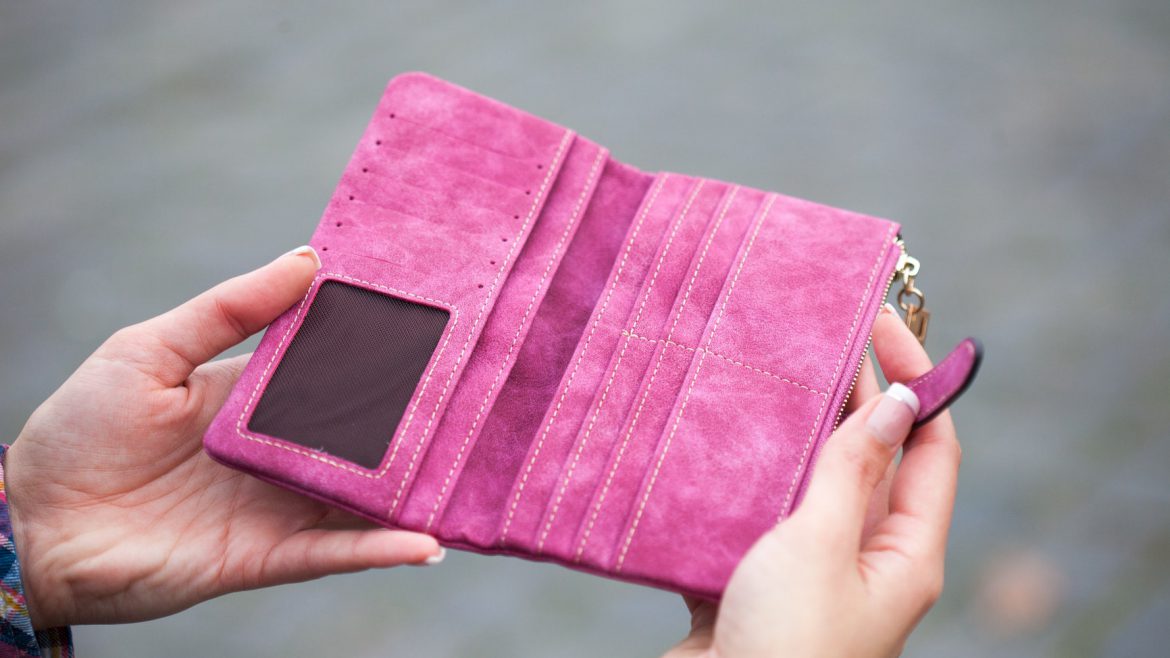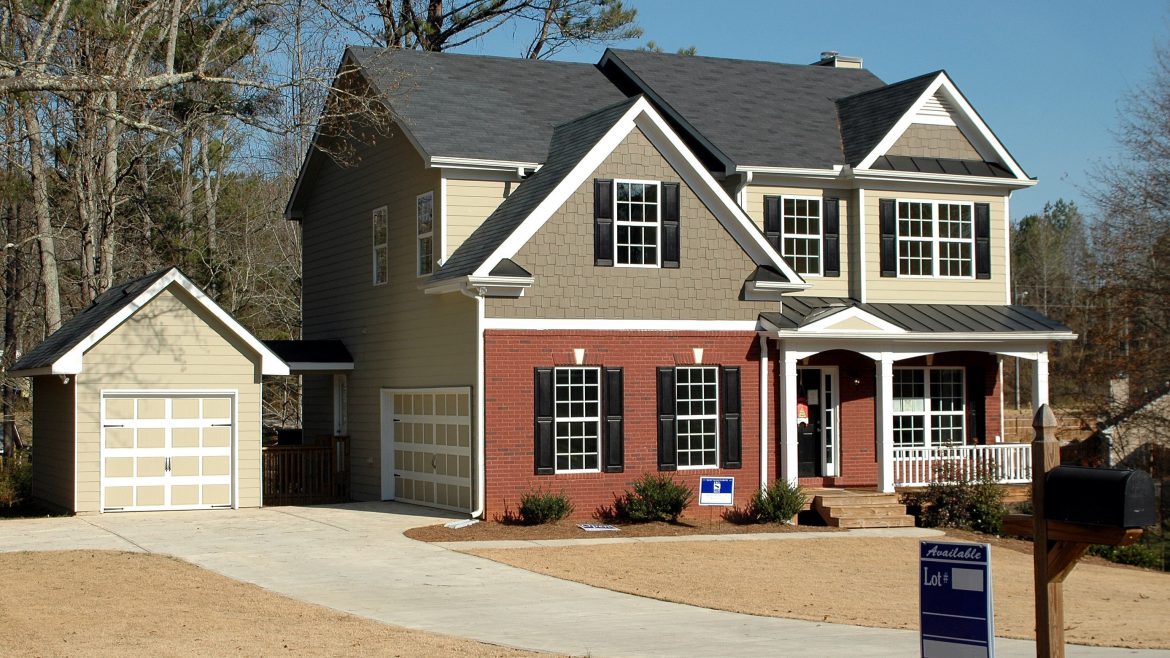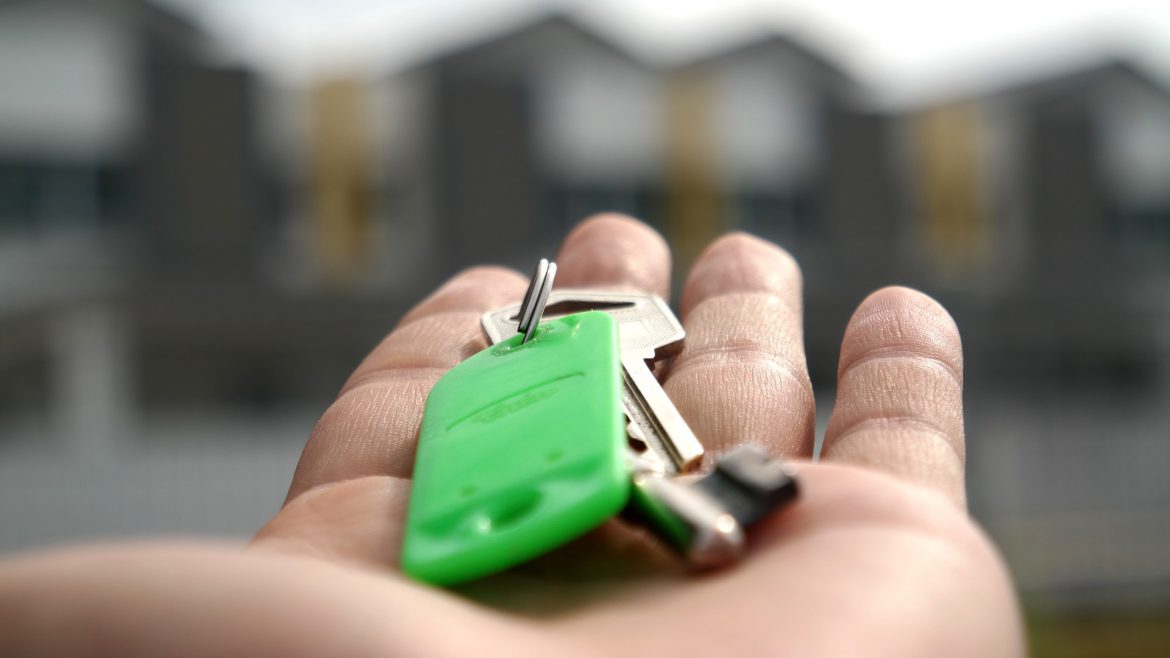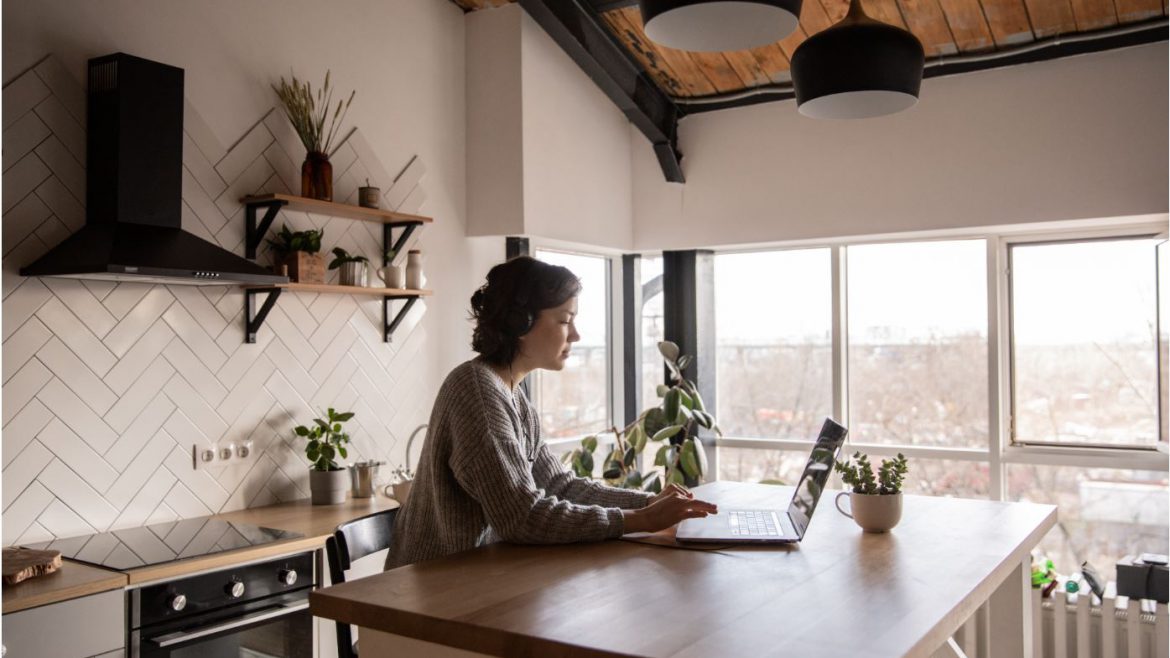Avoid being house poor
https://imaginahome.com/wp-content/uploads/2021/04/pexels-robert-bogdan-910122-1024x683.jpg 1024 683 Nisha Muire Nisha Muire https://secure.gravatar.com/avatar/09971b406125a2f92a37bf65b08fd3c3?s=96&d=mm&r=gBuying more house than you can handle and becoming instantly house poor is very easy in the heated Toronto real estate market. As the property boom continues due to record low interest rates, a lack of supply and the continuing pandemic that is causing people to seek out space, emotion is another very important component that is fueling the rise. People are fearful of “missing out” and of never being able to enter the housing market if they don’t do so now. However, before taking the plunge it is so important to properly evaluate how much you can realistically afford to pay every month.
Monthly carrying costs
Most financial institutions recommend that your mortgage not be more than 26% of your monthly income and your total carrying costs should be maximum 30% of your budget – that would include property taxes, insurances and an emergency fund. Many people push that figure to 40%, but that is truly the limit when it comes to how much of your monthly income should be spent on housing costs.
How to calculate what you can afford monthly
Before you can determine how much you can feasible afford to pay per month, you first have to calculate just how much you earn. While most financial institutions and mortgage lenders will calculate your borrowing capability based on your gross income (before taxes), a more accurate way of calculating is to base your borrowing capacity on your net income (after taxes). Then, calculate all of your fixed costs – savings, car loans, school loans, utilities, insurances, etc… Add on your variable expenses such as food, clothing, entertainment, vacations, haircuts – and then see what you are left with at the end of the month, this figure is the real amount that you can afford on a mortgage. If you don’t have much left over, then you will have to rejig your spending to include a mortgage, property taxes and/or condo fees, house insurance and a maintenance fund.
Deposit
The amount of your deposit will also play a role in how much of a mortgage you can afford. The greater your deposit the more house you will be able to buy. If you are able to put down 20% of the asking price, then you will also save on mortgage insurance, something that can add quite a bit depending on the amount that is being insured.
Better safe than sorry
Lenders will always be quite eager to lend you money – but it is prudent not to let their enthusiasm sway you. Be prepared with your own calculations so that you know exactly how much you can afford and just how much you are willing to stretch. Although what you can afford right now might now buy you the kind of property you had in mind, it doesn’t have to be the only property you purchase. When you have enough equity in your home, you can sell it and move up – this is especially true if you are buying your first property. A starter home is something you can easily afford, that will get your foot in the real estate door.
In the end, there is no point to buying a home that will leave you broke at the end of each month. Living a good life means being able to go out for meals or shows, take vacations and not have to pinch your pennies to buy clothes or shoes. You will be much happier in the long run if you only bite off as much as you can comfortably chew.






